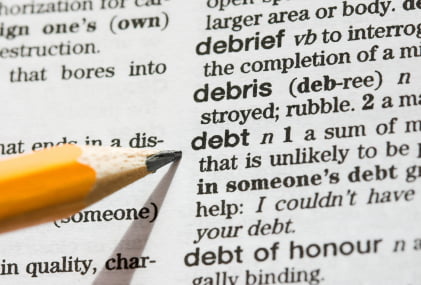Tip #1 – Make sure your business and personal finances are separate before you file bankruptcy. Take an effort to keep track of your business expenses and income while simultaneously keeping your private finances in order before you bankruptcy filing.
Tip #2 – Work with an accountant if necessary to calculate what your monthly income is before you file bankruptcy. The bankruptcy court will look at the prior 6 months of income when you file for Chapter 7 bankruptcy or Chapter 13 bankruptcy. It is important that a self-employed debtor not understate his or her income on the bankruptcy filing. Understating income during bankruptcy can lead to dismissal of your case. Working with an accountant may help a self-employed debtor calculate an accurate income figure.
Tip #3 – Gather all of your business expense documents such as vendor contracts, credit agreements and employee contracts. If there is outstanding debt owed to creditors (including employees and suppliers) all of those debts must be included in the bankruptcy filing if you want them to be considered for bankruptcy discharge.
Tip #4 – As soon as you begin considering bankruptcy as a possible solution, DO NOT transfer any assets to business associates or family/friends. Even if your intentions are completely honorable, transferring assets to someone else or something else (such as a business entity) before filing bankruptcy could cause problems with your case.
Tip #5 – Take the time to speak with a bankruptcy attorney about your bankruptcy options. While a self-employed debtor may want to file Chapter 7 bankruptcy or Chapter 13 bankruptcy, depending on their level of assets and debts, filing Chapter 11 bankruptcy could be a better option. But you will not know for sure unless you discuss your financial situation with a qualified and experienced bankruptcy attorney.
